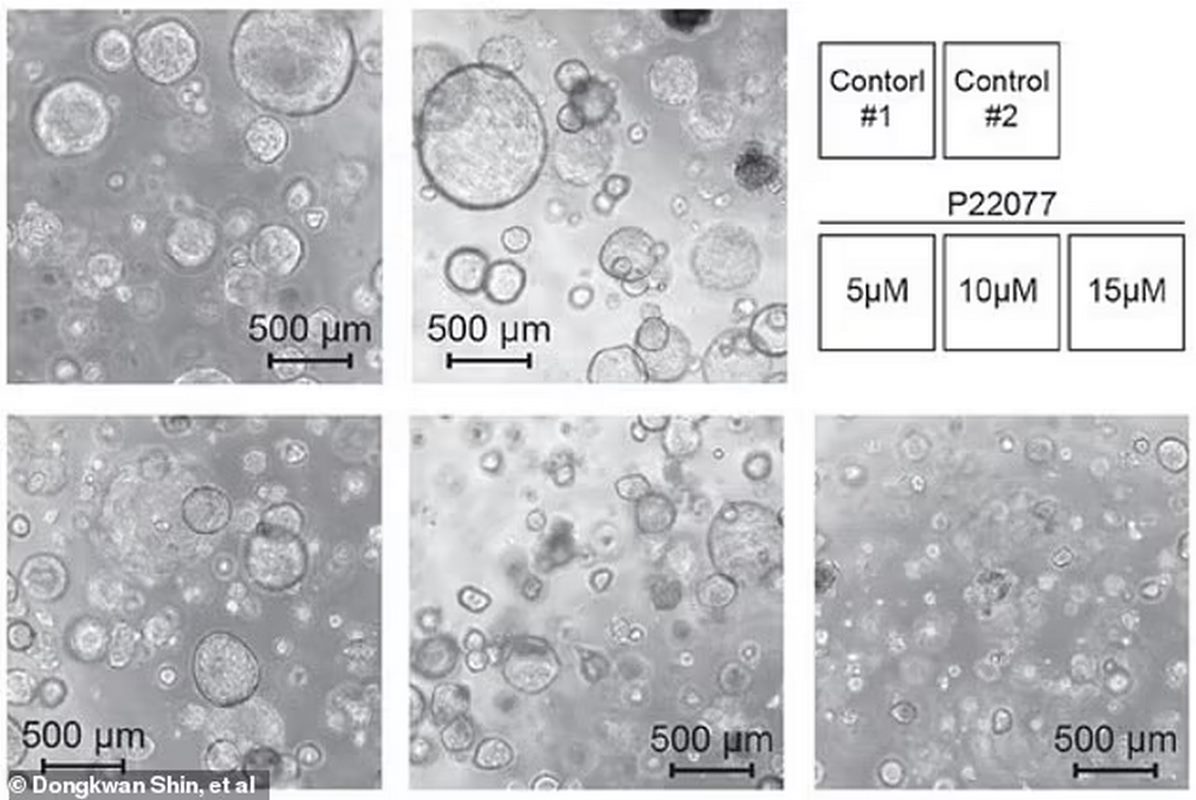Transforming Tumor Cells: Scientists Reverse Cancer by Restoring Healthy Cell Function at a Key Moment

What if the secret to conquering cancer lies not in aggressive treatments but in a gentler approach? A groundbreaking study from South Korea suggests that instead of obliterating cancer cells, we might be able to convert them back into healthy cells at a pivotal moment in their development. This innovative method hinges on a specific stage, akin to water hovering just below boiling point, where cells possess the potential to revert to a non-cancerous state.
A Revolutionary Approach to Cancer Treatment
The research, conducted on lab-grown tumors in petri dishes, marks a significant advancement in our understanding of cancer biology. It is essential to acknowledge that while this study is promising, clinical applications in hospitals are still a long way off.
Kwang-Hyun Cho, a biology professor at the Korea Advanced Institute of Science and Technology and a co-author of the research, described the findings as a breakthrough in unraveling the genetic changes that accompany cancer progression. He emphasized, “This study provides detailed insights into the genetic network alterations that occur during tumor development, a process that has long eluded scientists.”
Understanding Critical Transitions in Cells
The authors of the study point out that recent progress in gene regulatory network modeling has shed light on how we can influence cell fates, especially during critical transitions. However, the challenge remains in mapping the intricate shifts from normal cells to tumor cells due to dynamic genetic alterations throughout the cancer development process.
Despite these challenges, Cho and his team discovered an enzyme that impedes the degradation of certain cancer-promoting proteins, which contribute to tumor growth. Remarkably, when the enzyme was inhibited, the lab-grown tumors ceased their growth and returned to a healthy, normal state.
Future Implications and Questions
- What are the broader roles of this enzyme in both tumors and healthy cells?
- Is it feasible to develop a pharmaceutical agent to block this enzyme?
These pivotal questions will likely occupy the minds of researchers as they further explore this revolutionary concept in cancer treatment.
More Innovations in Cancer Research
For those interested in recent advancements, check out this inspiring story about the youngest cancer patient treated with a ‘Nano-knife’ who is now cancer-free.
This new perspective on treating cancer could lead us to a future where patients benefit from more effective and less invasive therapies. Share this exciting development with your friends on social media and stay informed about the latest breakthroughs in cancer research!
